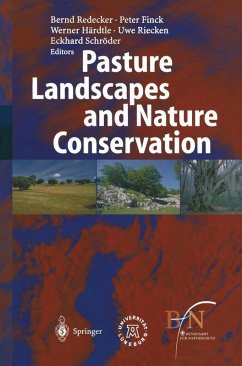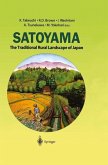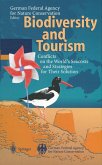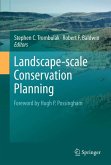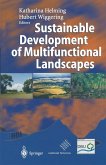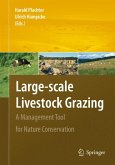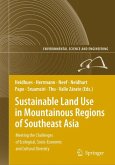Numerous European landscapes and habitats - both natural and cultural - developed and persisted through the activities of large herbivores. In many cases these landscapes were characterized originally by a high level of biodiversity and are therefore of extraordinary importance from a nature conservation perspective. However, due to the ongoing intensification and industrialization of agricultural land use during the past decades, species and habitats - especially those of open and semi-open areas - have become increasingly endangered. Furthermore, the remaining more extensively used sites are at risk of abandonment. In several European countries the establishment and preservation of "pasture landscapes" with a mixed character of open grassland, shrubs and forests has been recognized as a suitable strategy, offering solutions for both nature conservation and traditional farming systems. In response to the need to exchange ideas and experiences on a European level, the University of Lüneburg and the German Federal Agency for Nature Conservation organized the 1st International Workshop on Pasture Landscapes and Nature Conservation in March 2001. The resulting proceedings provide an overview of the importance of existing pastoral systems, nature conservation policies and strategies and present the results of scientific research and practical experience with large-scale grazing systems.
Dieser Download kann aus rechtlichen Gründen nur mit Rechnungsadresse in A, B, BG, CY, CZ, D, DK, EW, E, FIN, F, GR, HR, H, IRL, I, LT, L, LR, M, NL, PL, P, R, S, SLO, SK ausgeliefert werden.

